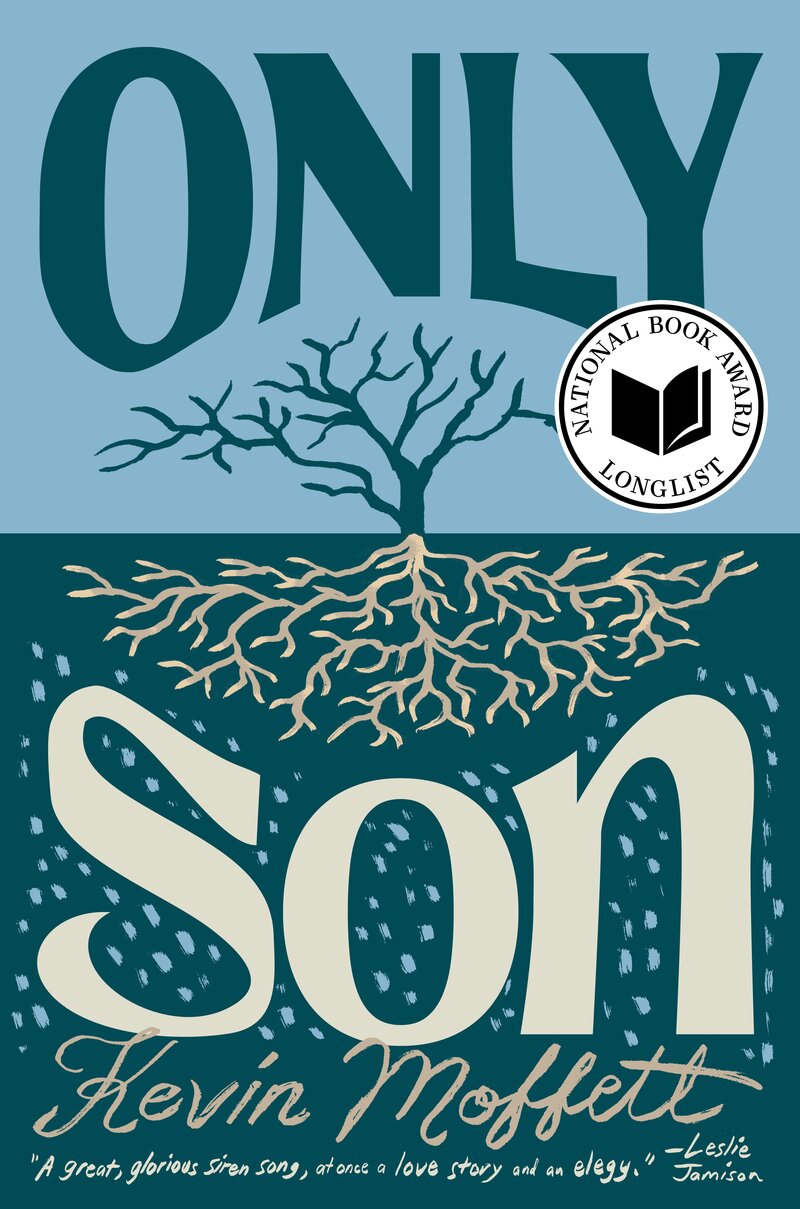Kevin Moffett’s latest work, “Only Son,” presents a nuanced exploration of familial relationships, memory, and the complexity of human emotions. The narrative unfolds through the lens of a father son duo who find themselves at a poolside, engaging in a moment that blends relaxation with introspection.
As the story begins, the father is absorbed in a crossword puzzle while enjoying a drink by the pool. His son joins him, shedding his shoes and socks, appearing content yet possibly under the influence of cannabis. This subtle hint at their relationship sets the tone for a deeper examination of their bond and shared experiences.
The father’s thoughts drift as he recalls his own childhood perceptions of adulthood. “When I was a kid, I never thought my parents were drunk,” he reflects, illustrating a disconnect between the realities of adult life and the innocence of youth. This moment of clarity is fleeting, yet it emphasizes a sense of nostalgia and the quest for understanding within the family dynamic.
Reflections on Family and Memory
Throughout the narrative, Moffett juxtaposes moments of joy and discomfort, revealing the complexities of parent-child relationships. The father’s reflections on past incidents, such as a birthday party that went awry, serve as reminders of the challenges they have faced together. “Even the hardest days aren’t so hard,” he thinks, demonstrating an appreciation for the moments that shape their connection.
As the story progresses, the father receives a voicemail from his mother, which adds another layer to the narrative. Her soft, tender words, previously unheard in their relationship, prompt a reevaluation of their bond. “I love you so much, baby,” she says, a phrase that indicates a newfound intimacy. This moment underscores the evolving nature of familial relationships as they navigate through time and personal growth.
In a café, the father contemplates the significance of his mother’s call while observing the waitress. Her cheerful demeanor and distinctive rings trigger memories of his childhood, where predictability and commercialism often overshadowed genuine connections. His reflections on his mother’s preferences reveal how deeply ingrained habits shape their interactions.
Moffett’s writing captures the essence of daily life, filled with ordinary moments that resonate on a deeper level. The father grapples with memories of his mother’s choices, particularly her preference for processed products over natural ones, illustrating a generational divide in perception and values.
The Search for Connection and Understanding
As the narrative unfolds, the father’s attempts to reach out to his mother regarding a cactus she refuses to part with further highlight the complexities of their relationship. The manager of her retirement home describes her as a “spirited lady,” a phrase that evokes both admiration and frustration. The delicate balance between independence and familial responsibility is a central theme, reflecting the intricate nature of caring for aging parents.
The conversation shifts to environmental concerns when the mother discusses a recent protest against pesticides at her retirement home. Her passion for protecting local wildlife, such as egrets and ibises, reveals a side of her that the father had not fully appreciated. This newfound activism showcases a vibrant aspect of her personality that had remained hidden during their previous interactions.
The exploration of the mother’s relationship with a man named Elias Parker adds another layer of complexity to the story. The father’s surprise at this development illustrates the evolving nature of familial roles, as he grapples with the implications of his mother finding companionship in her later years.
Moffett’s “Only Son” invites readers to reflect on their own familial relationships, encouraging a deeper understanding of the nuances involved in human connections. The story is a reminder that even in the face of challenges and misunderstandings, love and connection persist, weaving a tapestry that binds families together through shared experiences, memories, and the passage of time. This poignant narrative resonates with anyone who has navigated the intricate dance of familial bonds, capturing the essence of what it means to be a family.
